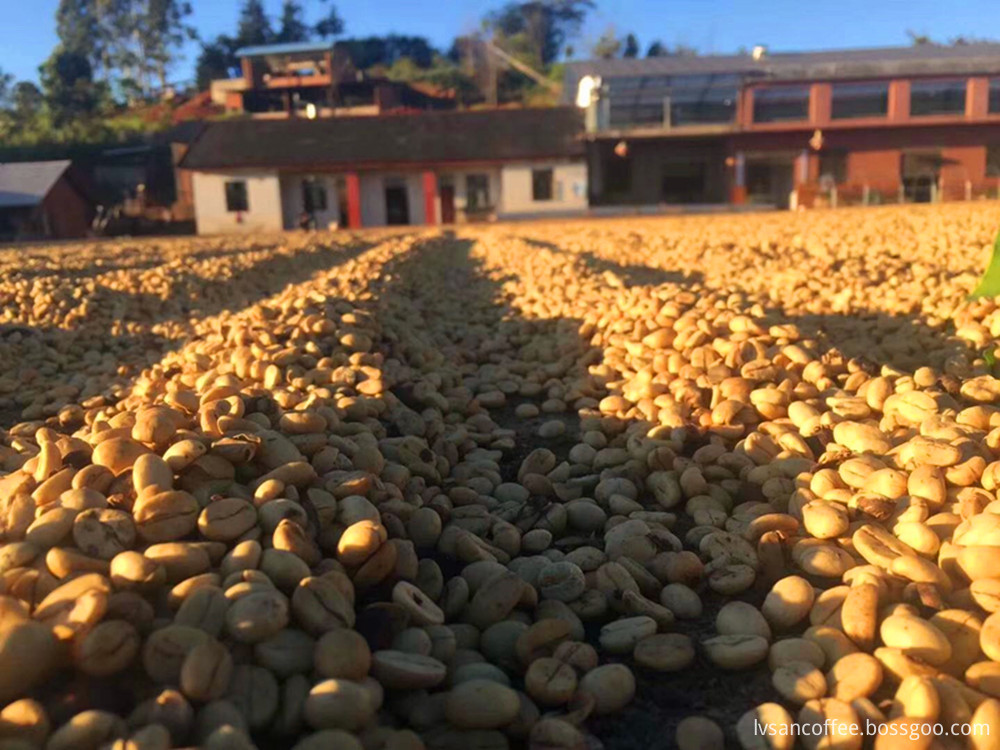Oysters are a highly nutritious food, commonly consumed as a delicacy and valued for their rich mineral and vitamin content. Per 100 grams of edible portion, oysters provide a variety of essential nutrients that support overall health and well-being.
In terms of energy, oysters contain approximately 57 calories per 100 grams, making them a low-calorie but nutrient-dense option. They are also a good source of protein, offering around 10.9 grams of high-quality protein per 100 grams, which is ideal for muscle maintenance and repair.
Oysters are particularly known for their high levels of zinc, with about 71.2 mg per 100 grams—making them one of the best dietary sources of this essential mineral. Zinc plays a crucial role in immune function, wound healing, and DNA synthesis. Additionally, they are rich in other minerals such as calcium (35 mg), magnesium (10 mg), phosphorus (100 mg), potassium (375 mg), and selenium (41.4 mcg), all of which contribute to various bodily functions.
In terms of vitamins, oysters contain small amounts of B-complex vitamins like thiamine (B1) at 0.04 mg, riboflavin (B2) at 0.13 mg, and niacin (B5) at 1.5 mg. They also provide vitamin E (0.13 mg), vitamin C (0 mg), and vitamin A (87.1 mcg in retinol equivalents). While they don’t contain significant amounts of vitamin C or carbohydrates, they do offer some manganese (0.3 mg) and iron (5 mg), which support bone health and oxygen transport in the blood.
Oysters are naturally low in fat, with only 1.5 grams per 100 grams, and they contain 94 mg of cholesterol, which is relatively moderate. They are also a good source of sodium (270 mg) and copper (11.5 mg), both of which are important for maintaining proper fluid balance and red blood cell production.
Overall, oysters are not only a delicious seafood choice but also a powerhouse of essential nutrients that can contribute to a balanced and healthy diet.
Grade 1 Coffee Beans
China Green Coffee Beans
flavor: mellow and balanced, with fruit acid flavor, nuts, honey, chocolate, citrus;
Variety:Aribica
processing method: washing;
water content: less than 12%;
packaging: 60kg / bag

In 1892, French missionary father Tian Daneng preached in Dali, Yunnan Province, China. In order to drink coffee, he taught local villagers to grow and drink coffee. Up to now, coffee has been planted in Yunnan Province of China for more than 100 years, with an area of 120000 mu. Most of the varieties planted in Yunnan are ccatimor, with an altitude of 1000-1500m, The coffee produced in Yunnan has a balanced taste, rich nut and citrus flavor, some of which are very sweet, with obvious taste of chocolate, toffee and maple sugar. It is one of the high-quality coffee producing areas. Our coffee is produced at the junction of Puer and Burma - the Myitkyina original jungle beans at 1500-1750, with a rich flavor, high aroma and high sweetness. The 2019 international coffee cup Masters Tournament (China finals) is sponsored by beans.
Good Coffee Beans,Grade 1 Coffee Beans,Organic Espresso Beans,Fresh Green Coffee Beans
Yunnan New Biology Culture Co,.Ltd , https://www.lvsancoffee.com
